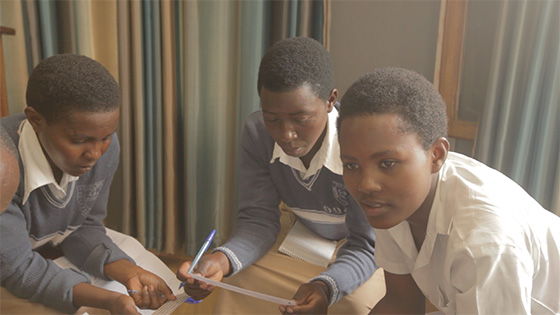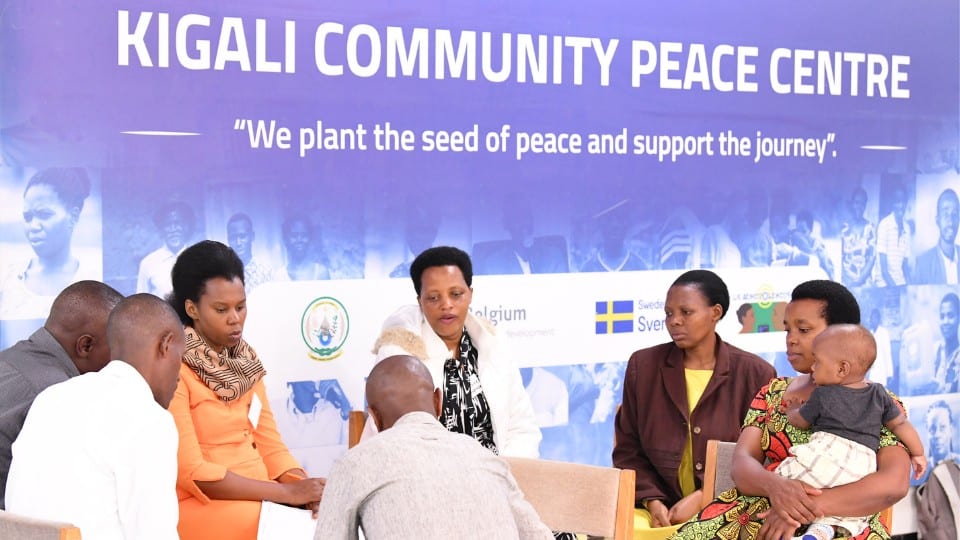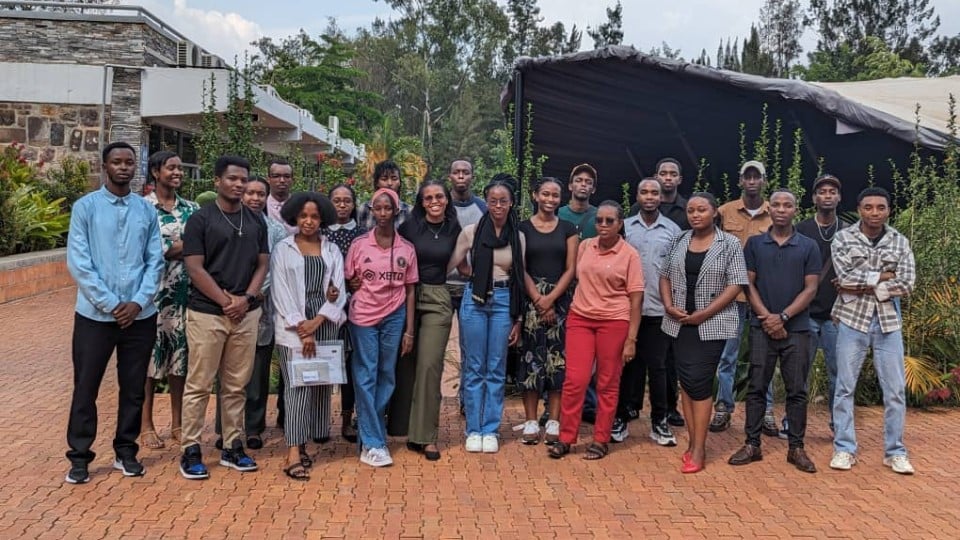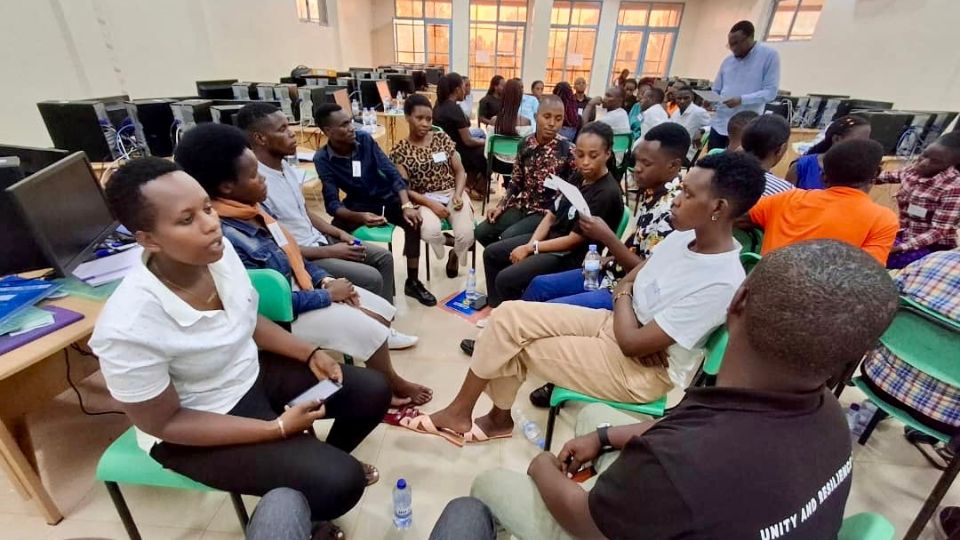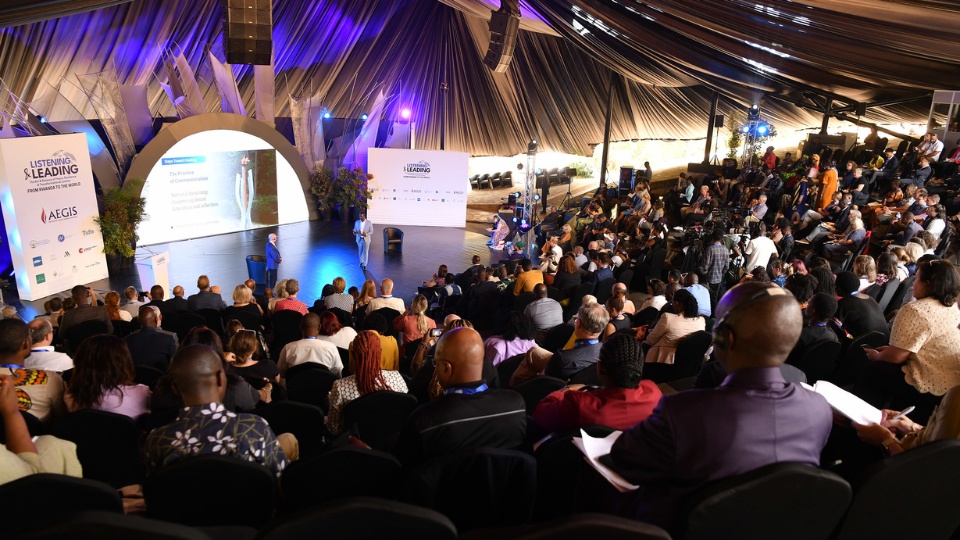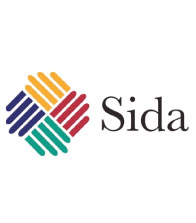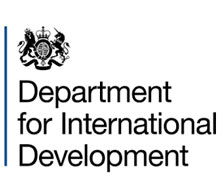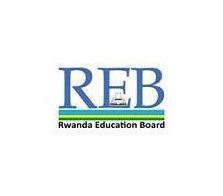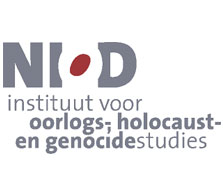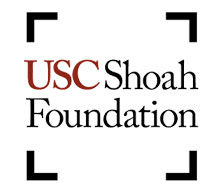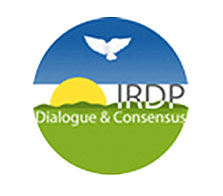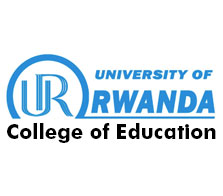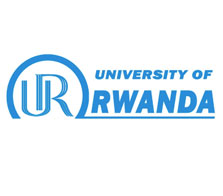The Aegis Trust has developed a successful model for peace education in Rwanda, supporting tens of thousands of young people across the country with the knowledge and skills to overcome the legacy of genocide.
Peace education started as a pilot in 2008 at Kigali Genocide Memorial. A participatory and interactive methodology, where participants learn by doing, is central to Aegis’ peace education programme. In 2013-16 the programme expanded to cover 22 districts, through the Aegis-led Rwanda Peace Education Programme (RPEP) and the Genocide Research and Reconciliation Programme (GRRP). Programme partners included USC Shoah Foundation, Radio la Benevolencija and the Institute of Research and Dialogue for Peace (IRDP).
In 2014, the Rwanda Education Board announced inclusion of peace and values education as a cross-cutting subject in Rwanda’s new national curriculum.
From 2016 Aegis Rwanda’s Education for Sustainable Peace in Rwanda (ESPR) programme supported the curriculum change, embedding peace and values education in the classroom, while strengthening the skills of teachers through Peace Schools. A major shift of the new competency based curriculum is the emphasis on skills: critical thinking, empathy, personal responsibility and trust are strengthened through interactive teaching methods. This 3-year programme focused on Teachers and Parents as educators as well as Youth.
An international Colloquium held in Kigali in Feb 2017 brought together experts working on peace education to discuss Strengthening Resilience to Genocide: Concepts, Methods and Impact.



